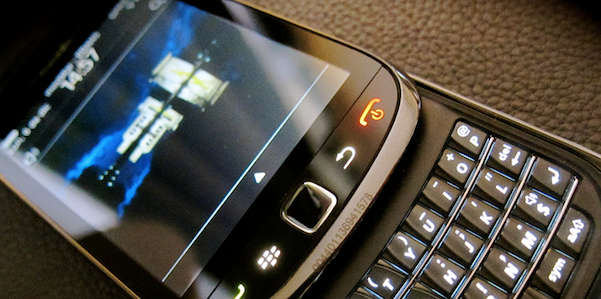In a PR crisis, first impressions form quickly, according a new report by Toronto-based communications firm StrategyCorp. And Canadians weren’t impressed with the responses of organizations embroiled in controversy last year.
A survey of 2,600 Canadians reveals that when major things go wrong for business or government, Canadians form opinions very quickly: 61% within one day and 92% within one week. And once an opinion is formed, 62% said their opinion stays the same or doesn’t change at all, even after hearing the organization respond to the crisis. Fewer than four in 10 respondents said their opinion would probably change as time goes on.
“When organizations react to negative news, they only have one opportunity to get the response right, and have an extremely short timeframe in which to respond,” said John Perenack, communications group head at StrategyCorp, in a release.
The StrategyCorp Reputation Report looked at the biggest PR crises from 2013, and assessed how an organization’s response influenced public opinion of the organization as a whole. The examples included:
·The Ontario government’s decision to cancel two natural gas-powered plants at a cost of $1 billion
·Toronto Mayor Rob Ford’s admission to smoking crack cocaine
·The Canadian Senate expenses controversy
·The Quebec government’s proposed ‘Charter of Values’
·BlackBerry’s financial losses, employee layoffs and CEO resignation
“What stood out clearly in this report was that each of these controversies had a definite and measurable negative impact on the reputation of each organization,” said Perenack.
The organizations that suffered the biggest negative impact on their reputations were the Canadian Senate (69% negative opinion), the Ontario government (68%), City of Toronto (67%), Quebec government (64%), BlackBerry (58%) and Lululemon (51%).
When organizations did respond to a crisis, Canadians gave them low remarks on their response: Ontario government (64% said it did a poor job responding); Quebec government (61%); Senate (61%), City of Toronto (59%); Lululemon (52%) and BlackBerry (51%).
“In every case, the findings show that many more people thought the organizations did a poor job of responding to the issue, compared to those who say the issue was handled well,” said Perenack. “These were complex situations, some completely unforeseen, and would have been undoubtedly difficult to manage under the best of circumstances. The importance of preparation is crucial to avoiding being caught by surprise on the day an issue hits, and to gain control before it spirals into crisis.”
The survey was conducted by Innovative Research Group.












